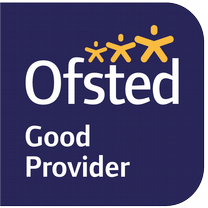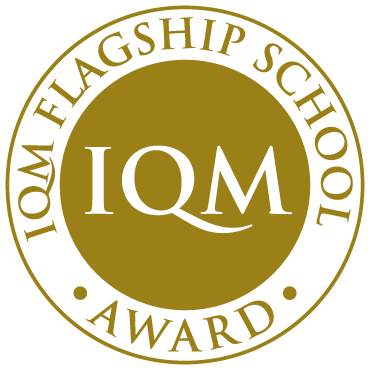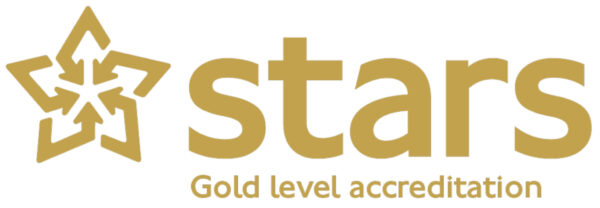Bush Hill Park Primary School is a vibrant, two-form entry school serving children from Nursery to Year 6. Located in a richly diverse community, we celebrate the individuality of every child and are committed to providing a welcoming, inclusive environment where all pupils can thrive.
We believe that every child has the right to succeed, and we are dedicated to helping each pupil reach their highest achievable standards. Our broad and balanced curriculum is designed to reflect the varied experiences, needs, and backgrounds of our pupils, ensuring that learning is meaningful, engaging, and accessible to all.
We have high expectations for every child, not only in their academic achievement, but also in their attitudes, personal development, and well-being. We are fully committed to the principles of the SEN Code of Practice (2015) and the Equality Act (2010), and we work proactively to identify and support any additional needs as early as possible.
Through regular assessment, close monitoring of progress, and strong partnerships with families and external professionals, we ensure that every child receives the support they need. Our approach to teaching includes appropriate adaptions and targeted interventions to remove barriers to learning and promote success for all.
Identifying a childs individual needs
At Bush Hill Park Primary School, we are committed to identifying and supporting children with Special Educational Needs and Disabilities (SEND) as early as possible. We believe that every child deserves the right support at the right time to help them thrive.
Our whole-school approach to SEND means we work closely with families, staff, and external professionals to understand each child’s needs. Whether a child is joining us in Nursery, Reception, or later in their school journey, we gather information from a range of sources such as nurseries, previous schools, parents, and specialist services to ensure a smooth and supportive transition.
In school, we carefully monitor each child’s progress through observations, assessments, and regular pupil progress meetings. If a teacher has a concern, they can refer the child to our SENCO or Inclusion Team using our clear referral process. From there, we explore the best ways to support the child whether through classroom strategies, targeted interventions, or advice from external professionals.
We follow the SEND Code of Practice (0–25, 2015) and are proud of our inclusive ethos, where every child is valued and supported to achieve their full potential.
Support
At Bush Hill Park Primary School, we believe in strong partnerships with parents and carers to support every child’s development. We keep families informed and involved in their child’s progress throughout the year, with regular opportunities to review and celebrate achievements.
Here’s how we work together:
- Learning Journey Meetings – For children on the SEND Register, we hold dedicated meetings to review personalised targets and discuss the next steps in their learning journey.
- Online Learning Journey Timeline – Each child on the SEND Register has a secure, accessible timeline on our online portal, which is used by the Inclusion Team to track support and progress.
- Annual Review Meetings – For children with an Education, Health and Care Plan (EHCP), we hold formal annual reviews to reflect on progress and plan for the future.
- Multi-Agency Meetings – When children receive support from external professionals (e.g. Speech and Language Therapy, Occupational Therapy, Educational Psychology), we bring everyone together to ensure a joined-up approach.
Training
At Bush Hill Park Primary School, we are deeply committed to creating a nurturing, inclusive environment where every child feels safe, valued, and supported. Our approach is rooted in trauma-informed practice, guided by the ARC (Attachment, Regulation, and Competency) principles. These principles help us understand and respond to the needs of children who may have experienced adversity, ensuring that emotional well-being is at the heart of our school culture.
We believe that supporting children’s emotional health is a shared responsibility, and we invest in the development of all staff both teaching and support so they are equipped to meet the diverse needs of our pupils. Training opportunities are provided through:
- Whole-school staff meetings and internal training sessions
- Local Authority courses
- Specialist training from external agencies
- Access to additional professional development from outside providers and outreach services
- Educational Psychologists
We have worked with a range of expert organisations to strengthen our inclusive and trauma-informed practice and continue to , including:
- SWERRL – Strengthening Well-being, Emotional Health, Relationships and Readiness for Learning
- SEND Services
- E-Tipps/Trauma Informed
- Education Child Protection Training
- MYME
- CAMHS
Inclusion
At Bush Hill Park Primary School, we are proud to provide a warm, inclusive environment where every child feels safe, supported, and ready to learn. We recognise that some children may need additional help to develop their social and emotional skills, and we are committed to meeting those needs with care, understanding, and expertise.
Emotional Difficulties
We follow a trauma-informed approach, guided by the ARC principles—Attachment, Regulation, and Competency to help children build strong relationships, manage their emotions, and grow in confidence. This approach is embedded across the school and supported by a dedicated team of staff.
Our Pastoral and Emotional Support Team Includes:
- A full-time Learning Mentor who works closely with children to build trust, boost self-esteem, and remove barriers to learning.
- Three trained ELSAs (Emotional Literacy Support Assistants) who deliver targeted emotional support to children who may be experiencing anxiety, low mood, friendship issues, or other challenges.
- Parent Support Adviser who works closely with families and offers tailored sessions for children, providing a safe and welcoming space where pupils can talk openly, feel heard, and receive the support they need to thrive both emotionally and socially.
- Lunchtime and playtime support to help children navigate social situations and feel included during unstructured times- promoting purposeful and positive play.
- Selected intervention programmes tailored to individual needs, including emotional regulation, resilience building, and social skills.
- Assemblies and curriculum enrichment that promote emotional literacy, empathy, and inclusion across the school.
- Breakfast and After School Clubs that provide a safe, nurturing space for children to start and end their day positively.
This provision is overseen by our Pastoral Care Lead, Anastasia Neocleous, who works closely with families and external agencies to ensure every child receives the right support at the right time.




